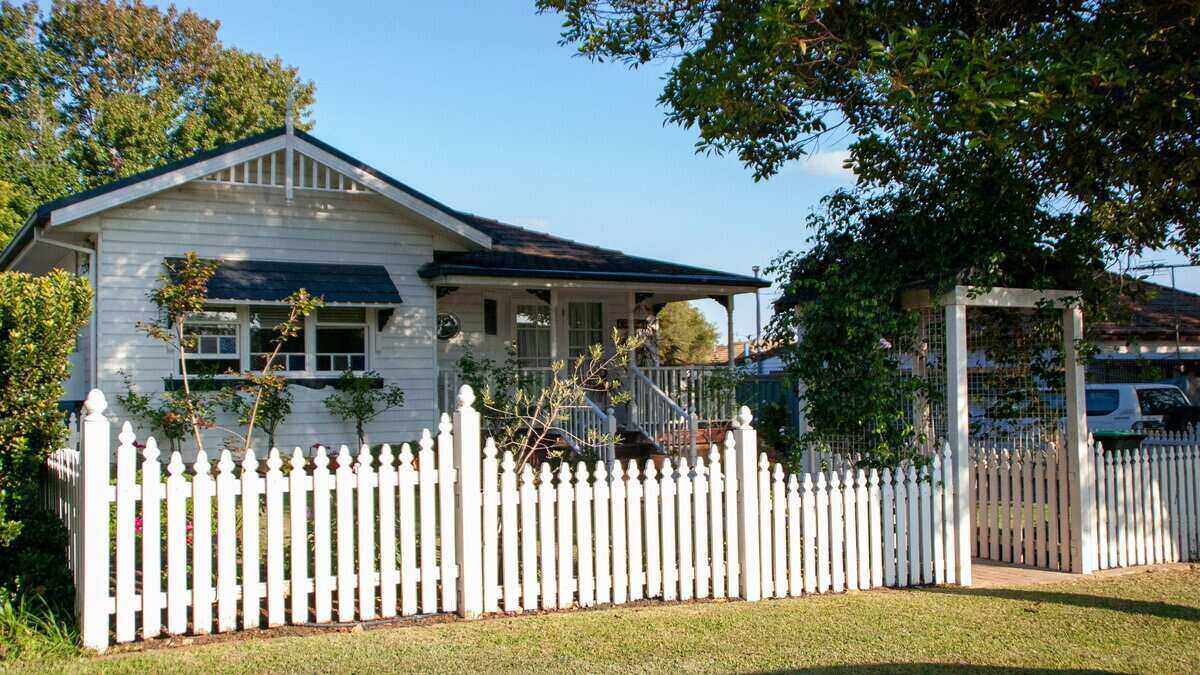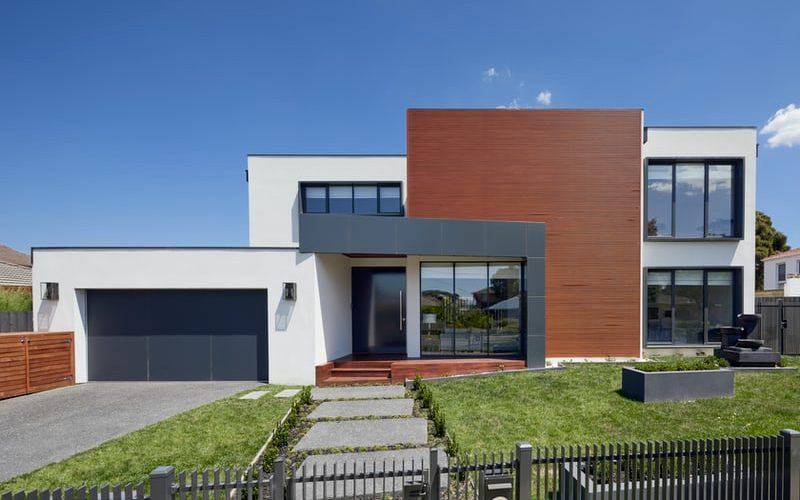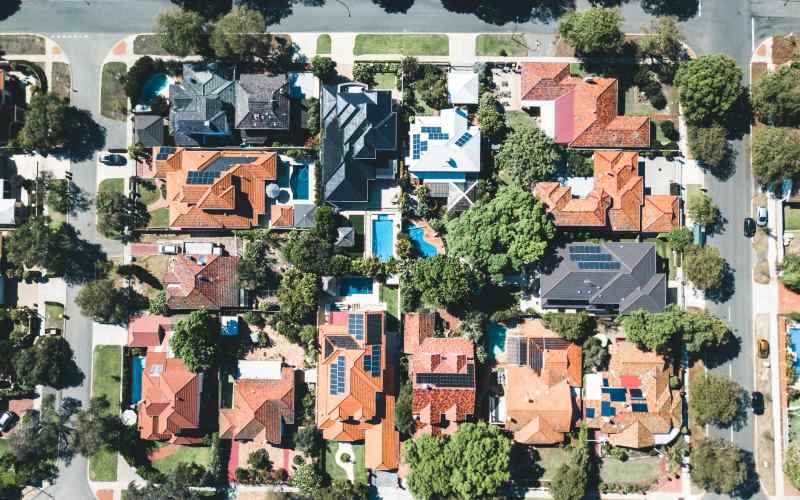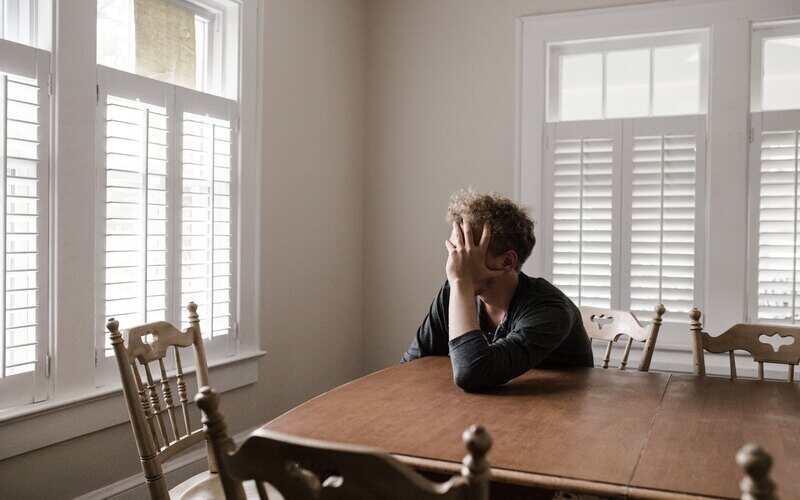Australian Prudential Regulation Authority (APRA) chairman Wayne Byres said it was not yet ready to intervene in the housing market because there is no evidence lending standards have become riskier, despite record high auction clearance rates and surging property prices.
“It’s not our job to solve house prices and it's not our job to solve house pricing affordability," Mr Byres said to a federal parliamentary committee on Monday.
"The extent to which there is dynamic emerging of increased risk taking by the community… at this stage it’s not evident.
“The last statement from the Council of Financial Regulators said quite clearly we are watching for a deterioration in lending standings and that’s not evident at this point, that is not to say it won’t emerge but it’s not obvious at this point. We are watching with our fellow regulators.”
See also: Mortgage deferrals almost gone, but risky lending is up
Mr Byres said house prices are a risk factor, not a goal for APRA, and that its actions are driven by considerations of financial stability.
There has been increasing pressure on regulators to step in as house prices surge.
In February, property values increased 2.1% according to CoreLogic data, the biggest month-on-month change in their national home value index since August 2003.
Across the ditch in New Zealand, rapidly rising property prices have forced their reserve bank to implement restrictions on mortgage lending.
While APRA said it won't step in yet, Mr Byres said the regulator is monitoring the situation very closely.
"We are alert to signs that very low interest rates and rising housing prices create a dynamic in which households seek to take on even higher debt levels, and that banks searching for credit growth seek to accommodate that demand through greater risk taking," Mr Byres said.
"That could be in the form of looser lending standards, relaxing portfolio limits, or simply not adjusting to market developments. At an aggregate level that is a scenario that’s not evident yet, but the aggregates can hide a lot so we are digging into this more deeply, as you would expect.
"There does not seem cause for immediate alarm. Nor, though, for complacency."
Buying a home or looking to refinance? The table below features home loans with some of the lowest interest rates on the market for owner-occupiers.
| Lender | Home Loan | Interest Rate | Comparison Rate* | Monthly Repayment | Repayment type | Rate Type | Offset | Redraw | Ongoing Fees | Upfront Fees | Max LVR | Lump Sum Repayment | Extra Repayments | Split Loan Option | Tags | Features | Link | Compare | Promoted Product | Disclosure |
|---|---|---|---|---|---|---|---|---|---|---|---|---|---|---|---|---|---|---|---|---|
5.54% p.a. | 5.58% p.a. | $2,852 | Principal & Interest | Variable | $0 | $530 | 90% |
| Promoted | Disclosure | ||||||||||
5.49% p.a. | 5.40% p.a. | $2,836 | Principal & Interest | Variable | $0 | $0 | 80% |
| Promoted | Disclosure | ||||||||||
5.64% p.a. | 5.89% p.a. | $2,883 | Principal & Interest | Variable | $250 | $250 | 60% |
| Promoted | Disclosure | ||||||||||
5.64% p.a. | 5.89% p.a. | $2,883 | Principal & Interest | Variable | $248 | $350 | 60% |
| Disclosure |
Withdrawing from super for a house deposit could further inflate house prices, APRA warns
A push by Liberal MPs to allow Australians to withdraw from their superannuation to enter the housing market has been met with criticism by the regulator.
When asked by Labor MP Andrew Leigh what would happen if Australians were allowed to use their super to buy a house, Mr Byres said it would further inflate the housing market.
"You'd have to think it would add to the demand," Mr Byres said.
"All else equal, it is likely to push them (prices) up."
Liberal MP Tim Wilson has been leading the push for Aussies to raid their superannuation to enter the property market, starting a petition 'Home First, Super Second'.
"Every $ taken from the wages of young Aussies & locked away for 50 years for Big Super to control & pay themselves fat bonuses undermines first home buyers," Mr Wilson wrote on Twitter yesterday.
"‘Super over homes’ is killing the Australian dream, it should be #HomeFirstSuperSecond."
While his campaign has been met with support by some Liberal colleagues, it has attracted criticism from Labor and superannuation funds, who argue it will drive up house prices, increase taxes, and lock Australians into mortgages they can't afford.
Industry Super Australia (ISA) called it a "fundamentally flawed proposal" and said it could hike the nation’s five major capital city median property prices up by between 8-16%.
“This just confirms what experts have been saying for ages; that throwing super into the housing market would be like throwing petrol on a bonfire – it will jack up prices, inflate young people’s mortgages and add billions to the aged pension, which taxpayers will have to pay for," ISA chief executive Bernie Dean said.
“Politicians who own multiple investment properties and pocket 15% super might think price hikes are a ‘secondary’ consideration. They don’t care about locking young people into hugely inflated mortgages and a bleak future with hardly any savings to fall back on.
“We need sensible solutions – like boosting the supply of affordable housing which will bring prices down and get young people into a home without lumbering workers with higher taxes in the future.”
Treasurer Josh Frydenberg has so far denied Mr Wilson a request for a public referral into such a scheme.
Related - Australia’s property boom: 'Sobering’ decisions facing first home buyers
Pictured: Melbourne CBD. Photo by Shan S on Unsplash

Ready, Set, Buy!
Learn everything you need to know about buying property – from choosing the right property and home loan, to the purchasing process, tips to save money and more!
With bonus Q&A sheet and Crossword!







 Brooke Cooper
Brooke Cooper
 Emma Duffy
Emma Duffy











